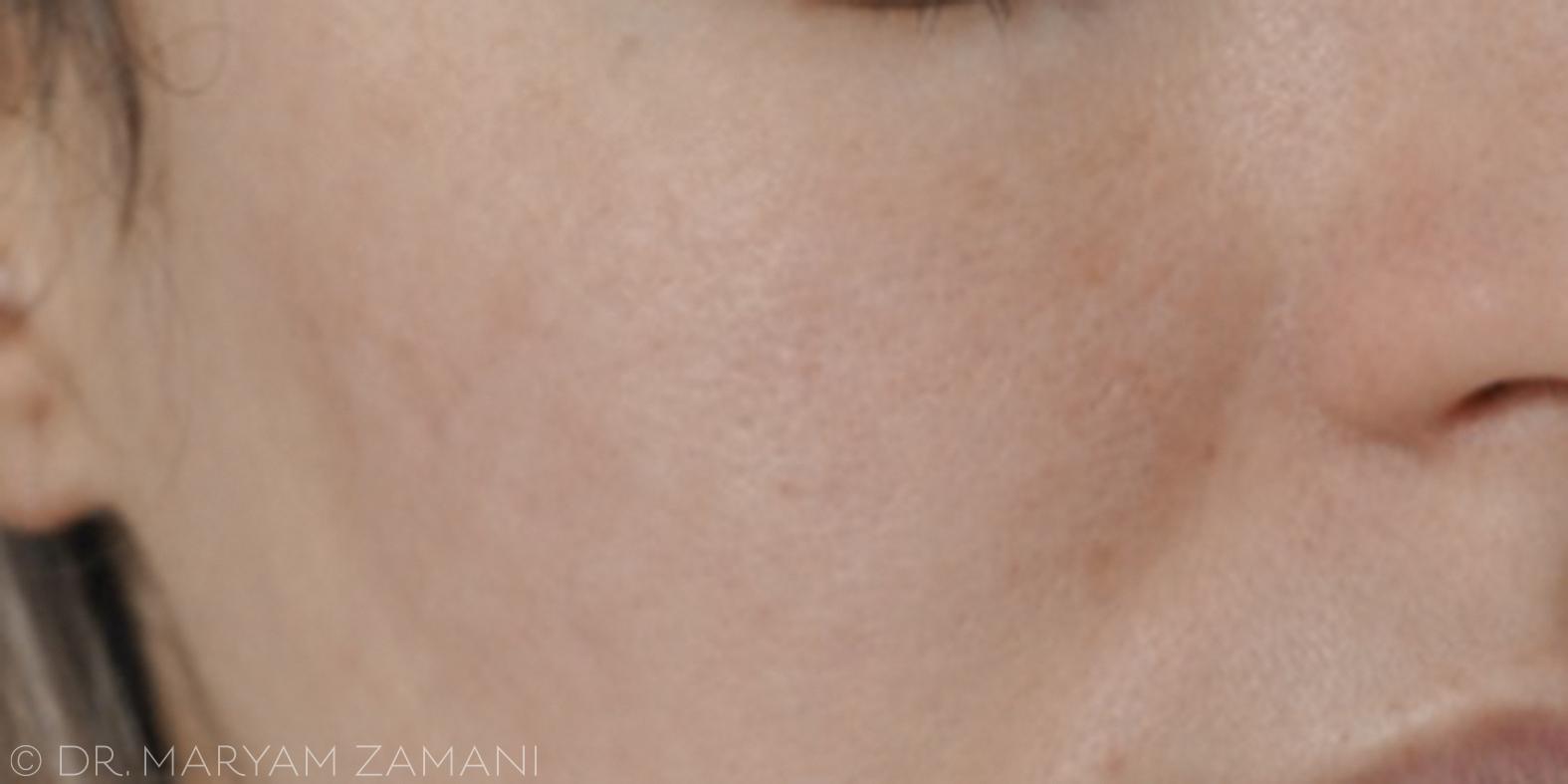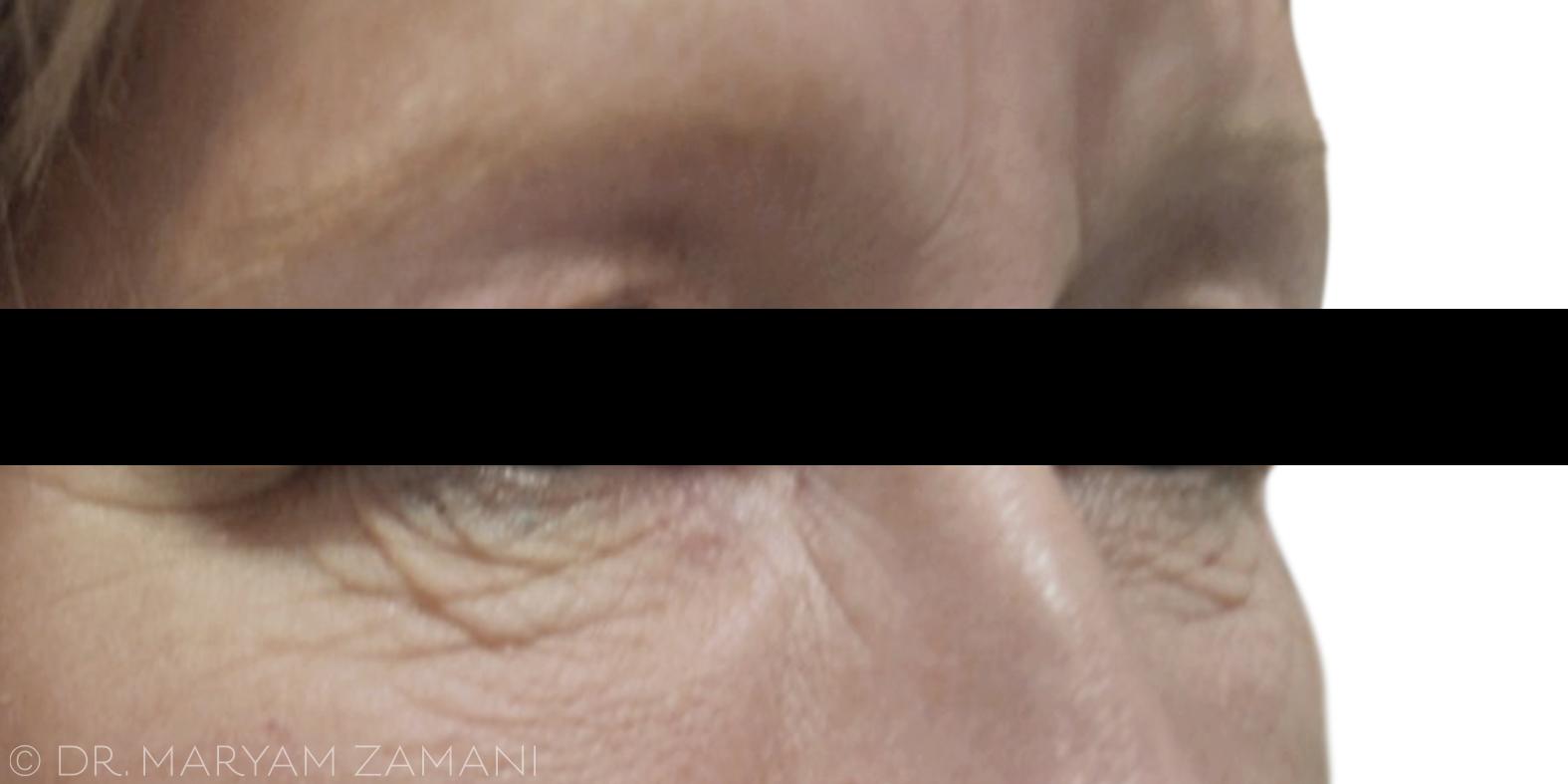CO2 Laser
AcuPulse CO2 laser allows for fully ablative and non-ablative CO2 laser resurfacing to treat fine lines & moderate wrinkles, moderate to severe photoaging and deeper acne scars. Intense collagen stimulation helps to tighten, firm and tone skin. Commonly treated areas include the face, neck, decolletage and hands. These treatments may require topical skin preparations prior to treatment and a bespoke skincare regime after treatment.
FRACTIONAL CO2 LASER uses scanning technology to tighten sagging skin and smooths deep wrinkles, resurface the face and improve acne scars, dark aging spots, uneven pigmentation, and sun damage with less downtime than an ablative CO2 laser. Fractional laser treatment has less downtime than fully ablative laser resurfacing.
NON-ABLATIVE CO2 LASER £3,000 (FACE)
ABLATIVE CO2 LASER removes the top layer of skin (the epidermis) to promote collagen formation and the retraction of the dermis and epidermis to tighten skin. This is perfect to treat the fine lines around the eyes, the vertical lines around the mouth as well as the face, neck, décolletage and hands. Intense sun exposure should be avoided one month prior and following treatment.
ABLATIVE CO2 LASER £3,500 (FACE)
WHAT TO EXPECT?
The procedure is an easy process that should take no more than one hour. Topical anaesthetic cream is applied for 30 minutes prior to treatment. Recovery time varies from person to person, depending on the depth of the laser treatment and the extent that the skin was treated. The skin may look red for about 1-3 weeks, but there is no bruising and minimal swelling. Overall, patients recovery usually takes about 5-12 days. Patients might begin to notice visible results within 4-6 week after treatment. Skin continues to improve for up to 6 months.
WHAT ARE THE BENEFITS OF CO2 LASER?
Ablative CO2 skin resurfacing removes the top layer of skin, the epidermis, to promote collagen formation and the retraction of the dermis and epidermis to tighten skin. This is perfect to treat the fine lines around the eyes, the mouth as well as the face, neck, décolletage and hands.
CO2 Fractional Laser uses scanning technology to make sure not only tightens sagging skin and smooths out deep wrinkles, it is also able to resurface the face and remove acne scars, dark aging spots, uneven pigmentation, and sun damage. All of the top layers of skin are targeted with carbon dioxide which eliminates aging and damaged skin cells. This can be used to treat the face, neck, décolletage, hands and other troubled parts of the body













